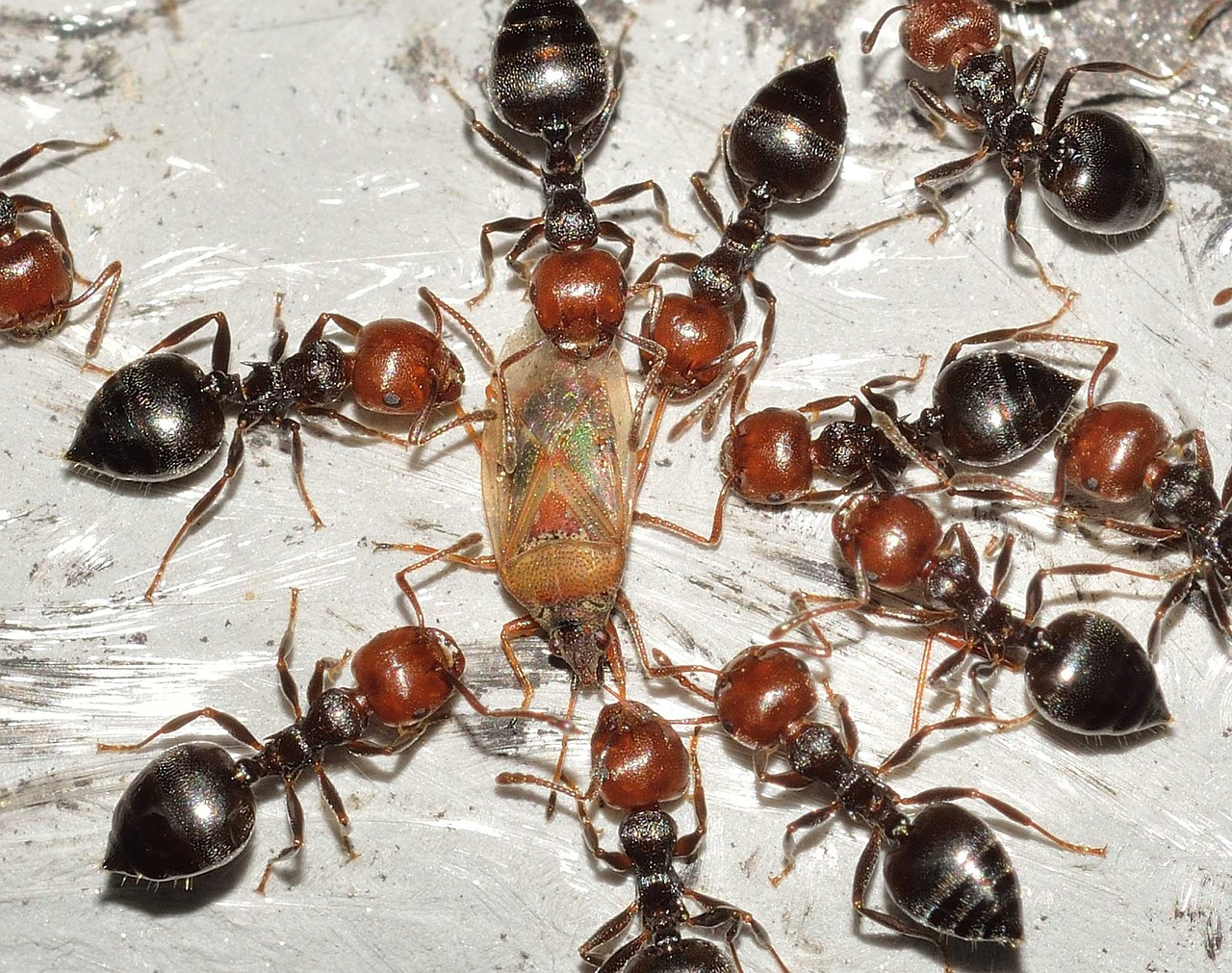Ants are among the most fascinating creatures on our planet. With over 12,000 known species, they are found almost everywhere, from bustling city sidewalks to the depths of tropical rainforests. While we often overlook these tiny insects, they play crucial roles in our ecosystems and have remarkable behaviors. In this blog post, we’ll explore the top ten fun facts about ants, ranked from ten to one, revealing why these small creatures are truly extraordinary.
10. Ants Are Super Strong for Their Size
Incredible Strength
Ants may be small, but they possess remarkable strength. Many species can lift objects that are 10 to 50 times their body weight. This strength-to-weight ratio is one of the highest in the animal kingdom.
Why It Matters
This incredible ability allows ants to carry food, defend their colonies, and transport materials needed for building and repairing their nests. Their strength is essential for their survival and efficiency as a colony.
9. Ants Have a Unique Social Structure
The Ant Colony
Ants live in highly organized colonies that can consist of thousands, or even millions, of individuals. Each ant has a specific role, from the queen, who is responsible for reproduction, to workers who gather food and care for the young.
Hierarchical System
This social structure allows ants to function efficiently, ensuring that tasks are completed and resources are shared. Some species even have specialized soldier ants to defend the colony against threats, showcasing the sophistication of their societal organization.
8. Ants Communicate Using Pheromones
Chemical Signals
Ants communicate primarily through pheromones, which are chemical signals released into the environment. These pheromones can convey a variety of messages, such as warning others of danger, indicating food sources, or signaling reproductive readiness.
Importance of Communication
This form of communication is crucial for the coordination of activities within the colony. For instance, when a forager ant discovers food, it will leave a pheromone trail back to the colony, guiding other ants to the food source.
7. Some Ants Farm Other Insects
Mutualistic Relationships
Certain ant species, like the aphid-farming ants, engage in mutualistic relationships with other insects. These ants protect aphids from predators in exchange for honeydew, a sugary substance secreted by the aphids.
Farming Behavior
This unique behavior is akin to farming, as ants actively manage their “herds” of aphids, moving them to new plants when resources become scarce. This symbiotic relationship highlights the complex interactions that occur in nature.
6. Ants Can Live for a Long Time
Lifespan of Ants
While worker ants typically live for a few months, some queens can live for several years—up to 30 years in some species! This longevity is crucial for the stability and growth of the colony.
Reproductive Role
The queen’s long lifespan allows her to produce thousands of offspring over her lifetime, ensuring the colony’s survival and expansion. This reproductive strategy is a key factor in the success of ant populations.
5. Ants Can Form Living Bridges
Cooperative Behavior
Some ant species, like the Army Ants, demonstrate remarkable cooperative behavior by forming living bridges. They achieve this by linking their bodies together to create a temporary bridge that allows other ants to cross obstacles like gaps or water.
Problem-Solving Skills
This behavior showcases not only their strength but also their problem-solving abilities. The ability to work together in this way is a testament to their social structure and cooperation.
4. Ants Can “Farm” Fungi
Fungal Agriculture
Leafcutter ants are renowned for their ability to cultivate fungi. They cut leaves and bring them back to their nests, where they use them to grow a specific type of fungus that serves as their primary food source.
Advanced Farming Techniques
This sophisticated agricultural practice involves a mutualistic relationship between the ants and the fungus, with the ants providing care and nutrients while the fungus provides sustenance. It’s one of the few examples of agriculture outside of human societies.
3. Ants Have a Highly Developed Sense of Smell
Sensory Abilities
Ants rely heavily on their sense of smell, which is far more developed than humans. They use their antennae to detect pheromones, food sources, and potential threats.
Navigation Skills
This keen sense of smell is crucial for navigation and communication within the colony. Ants can recognize their nestmates through scent, which helps maintain the colony’s structure and security.
2. Ants Can Create Supercolonies
Global Reach
Some ant species, like the Argentine ant, can form supercolonies that span vast areas, sometimes stretching thousands of miles. These supercolonies consist of interconnected nests that operate as a single unit.
Implications for Ecosystems
Supercolonies can have significant ecological impacts, often outcompeting native species and altering local ecosystems. This adaptability highlights the resilience and resourcefulness of ants as they expand their territories.
1. Ants Are Essential for Ecosystem Health
Ecological Roles
Ants play a vital role in maintaining the health of ecosystems. They aerate the soil, disperse seeds, and help decompose organic matter. Their activities promote nutrient cycling and contribute to plant growth.
Environmental Indicators
Due to their sensitivity to environmental changes, ants can serve as indicators of ecosystem health. Scientists often study ant populations to assess the effects of climate change and habitat destruction, highlighting their importance beyond just being fascinating creatures.
Conclusion
Ants may be small, but they are giants in the natural world. From their incredible strength to their sophisticated social structures and ecological contributions, these tiny titans are a testament to the wonders of nature. Understanding these fun facts about ants not only deepens our appreciation for them but also emphasizes their importance in maintaining the balance of our ecosystems.
Whether you’re an ant enthusiast or simply curious about the natural world, the remarkable traits and behaviors of ants remind us that even the smallest creatures can have a profound impact on our planet. So next time you see an ant, take a moment to appreciate the intricate world it represents!





Leave a Reply